Savita death leads to call for clearer NI abortion law
- Published
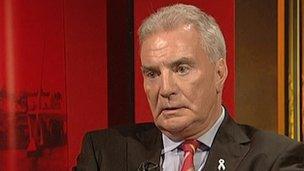
Professor Jim Dornan called for clearer guidance in Northern Ireland
One of Northern Ireland's leading obstetricians has said the law on abortion could be given greater clarity if politicians were willing to act.
Professor Jim Dornan was speaking after the death of Savita Halappanavar at University Hospital Galway.
Her family said she asked several times for her pregnancy to be terminated because she had severe back pain and was miscarrying.
Her husband said this was refused because there was a foetal heartbeat.
She died on 28 October.
News of her death led to a series of protests against Ireland's abortion laws. The Republic of Ireland has had strict laws on abortion for more than 100 years.
The country's constitution has been amended to allow for an abortion when a woman's life is at risk - but the issue is very complex.
In Northern Ireland, medical staff operate in uncertain circumstances. There is no legislative law regarding abortion, only case law.
Despite the fact that between 30 and 40 medical terminations are carried out by the NHS in Northern Ireland every year, the exact circumstances in which is it is allowed remain vague.
Doctors, nurses and midwives can opt out on the grounds of conscience. But medical staff who are willing to carry out abortions are often fearful of legal action.
Revised official guidelines initially drafted in in 2010 have still not been completed and published.
Prof Dornan, who sits on the Global Health Board of the Royal College of Obstetricians and Gynaecologists, said the current legislation on when a termination could be carried out in Northern Ireland was confusing.
"We would like to feel that our Department of Health and our paymasters - our political masters -and our legal masters are supportive of us," he told the BBC.
"We need to have that guidance because we have been working on a guidance document that is sitting in an in-tray somewhere and we would love to see it coming out.
"I appreciate there are problems, but let's address those problems and get it sorted out."
Meanwhile, the Health Service Executive (HSE) in the Republic is expected to announce details later of its planned inquiry into Mrs Halapanavar's death.
Mrs Halappanavar, 31, was a dentist and was originally from India.
The terms of reference and the membership of the inquiry team are due to be finalised later. The team will include an independent expert in obstetrics and gynaecology.
The Irish minister for health James Reilly said the inquiry would be thorough but he also wanted it to take place quickly.
About 2,000 people gathered outside the Dáil, the lower chamber of the parliament, in Dublin on Wednesday evening calling for the reform of the Republic's abortion laws.
Speaking in the Dail on Thursday, Tanaiste (Deputy Prime Minister) Eamon Gilmore said it was time to bring "legal clarity" to the issue of abortion.
Mr Gilmore said the Irish government "is going to deal with this issue".
- Published22 October 2019
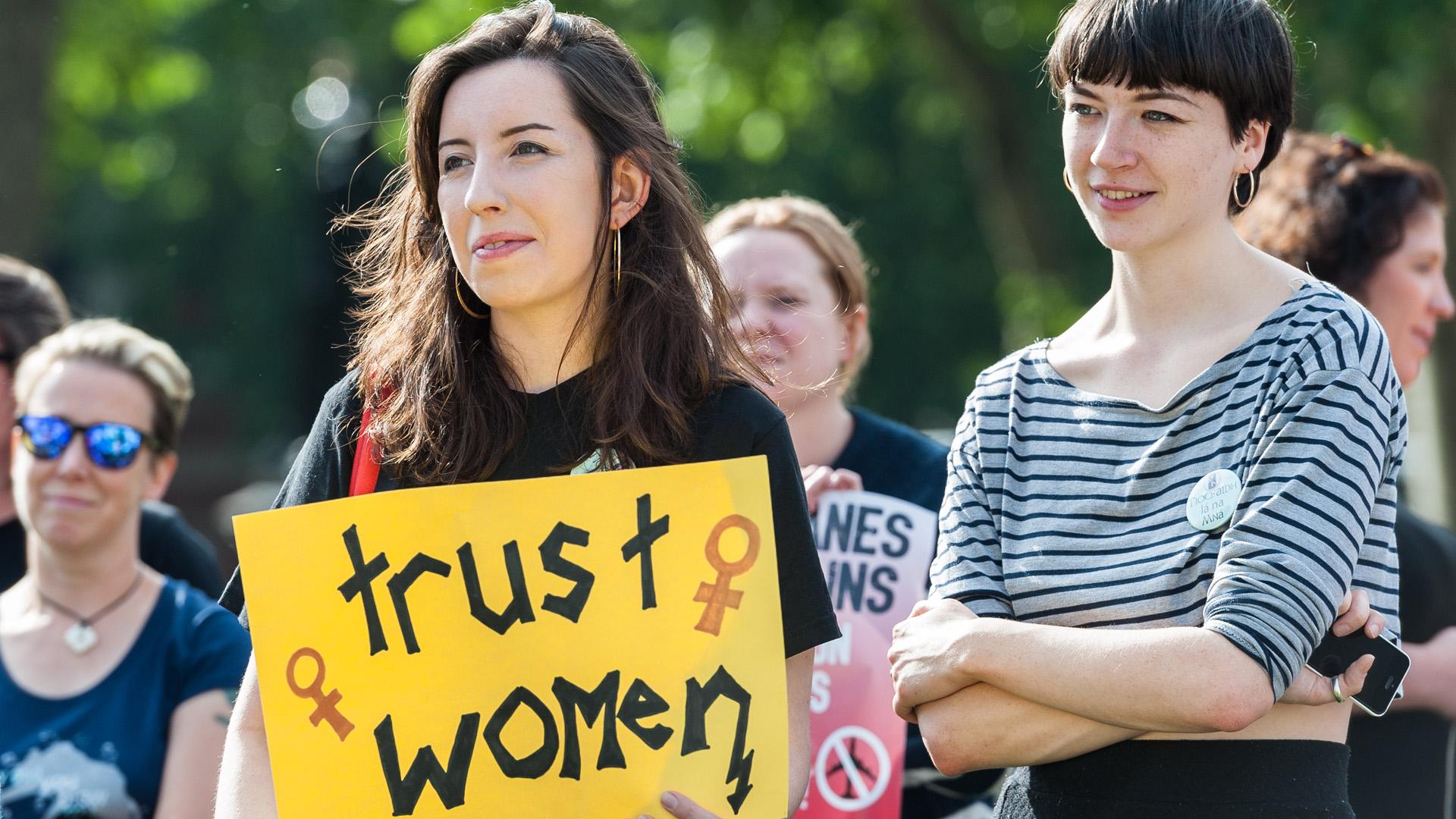
- Published15 November 2012
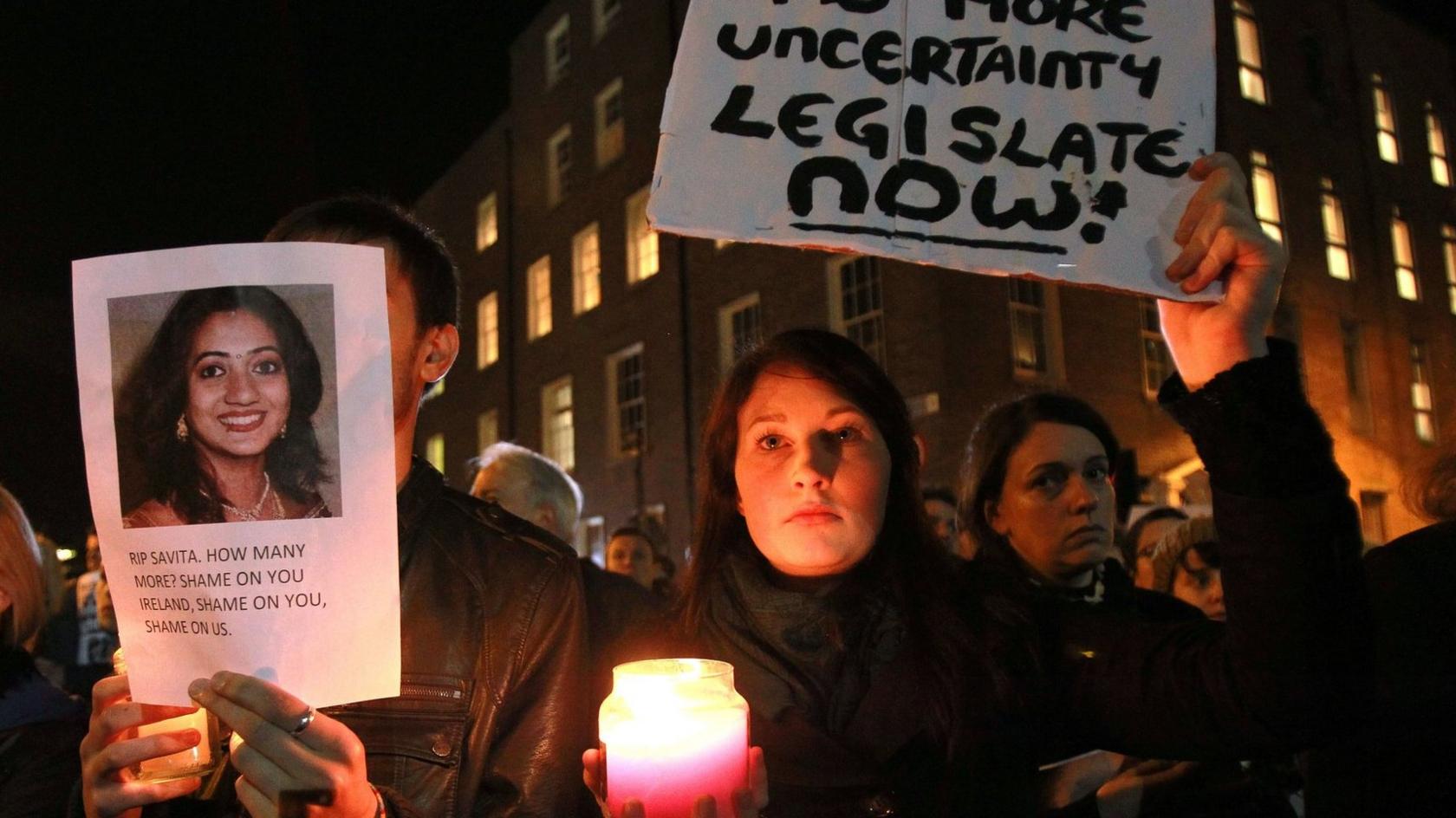
- Published14 November 2012
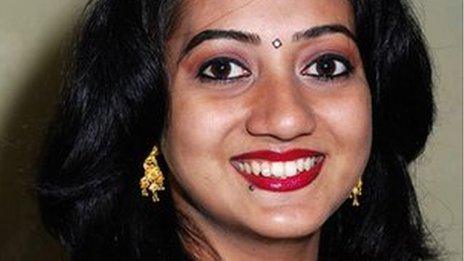
- Published14 November 2012
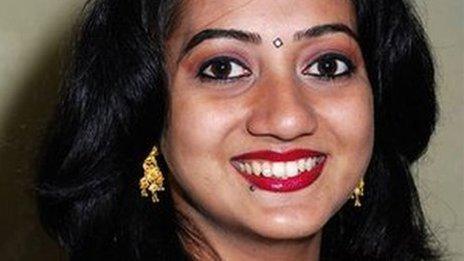
- Published16 December 2010
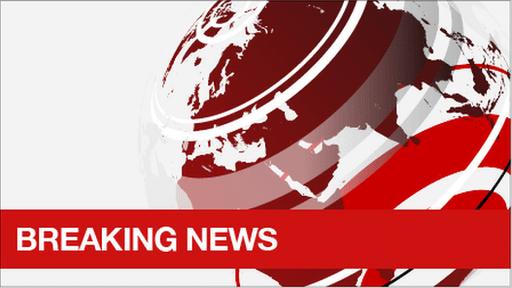
- Published16 December 2010
